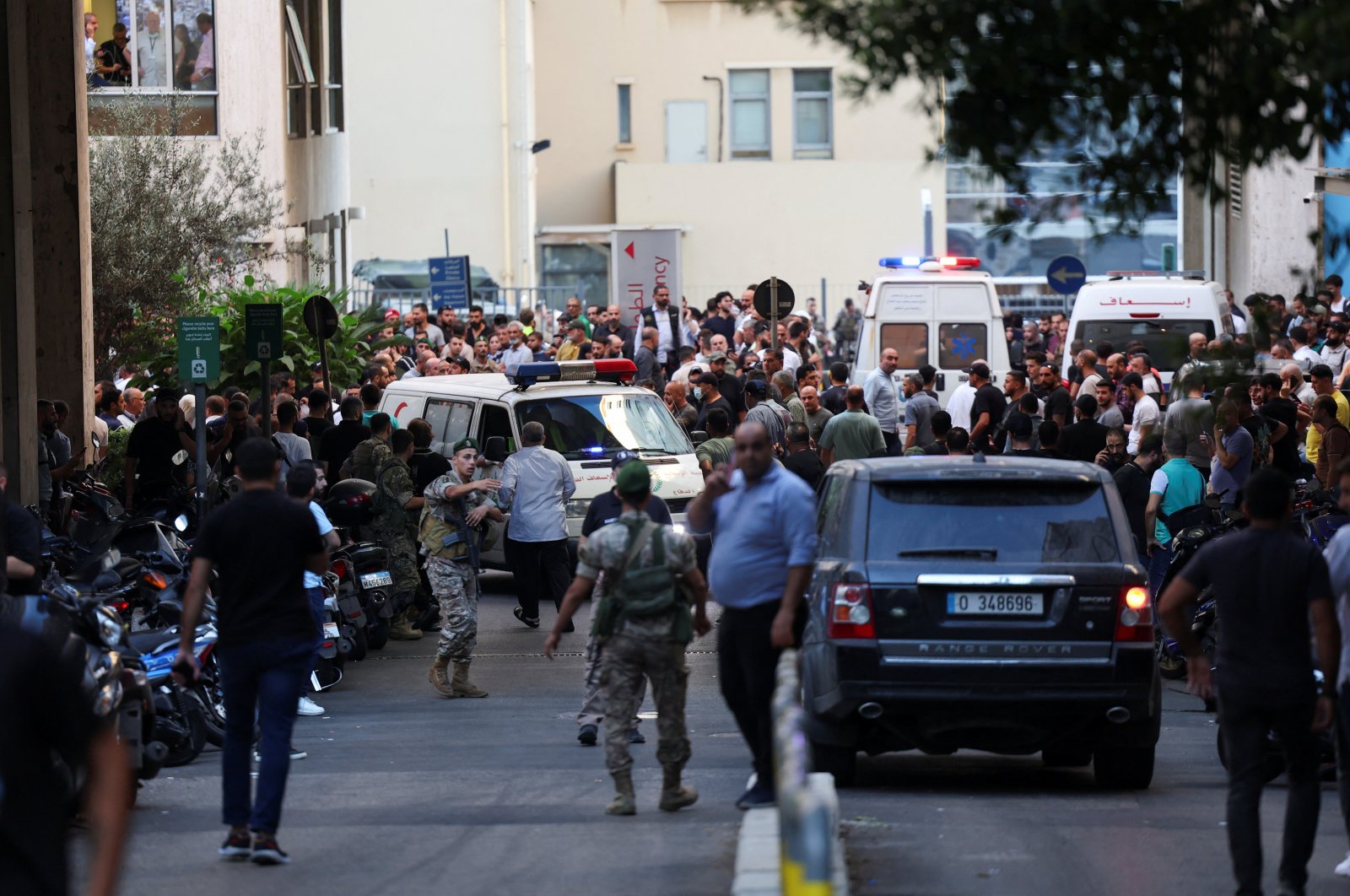
Explosions from booby-trapped radios and pagers in Lebanon this week have severely impacted the country's already fragile health sector, the World Health Organization (WHO) chief said Thursday.
The U.N. health agency cited Lebanese health authorities' toll that 37 people had been killed and more than 3,000 injured in the pager blasts that detonated in areas considered strongholds of the anti-Israel group Hezbollah.
"These events have seriously disrupted Lebanon's already fragile health system," WHO Director-General Tedros Adhanom Ghebreyesus told a news conference, adding that the global body had distributed blood supplies and trauma kits in the country.
"The whole health system came under immense pressure very, very quickly," said WHO emergencies chief Mike Ryan at the same briefing.
WHO's representative in Lebanon, Abdinasir Abubakar, said 100 hospitals were involved in the response. A series of drills ahead of the attacks and the stockpiling of emergency supplies helped prepare doctors and nurses in advance and limited the casualties, he said.
At the same briefing, Tedros said mpox cases were rising in Africa and WHO planned to send 33 tons of supplies for testing, treating and preventing cases to the worst affected country, the Democratic Republic of Congo, on Friday.
He said he was encouraged by falling cases of Guinea Worm globally. "We now have the opportunity to make Guinea Worm only the second human disease to be eradicated," he said, referencing the eradication of smallpox in 1980.
